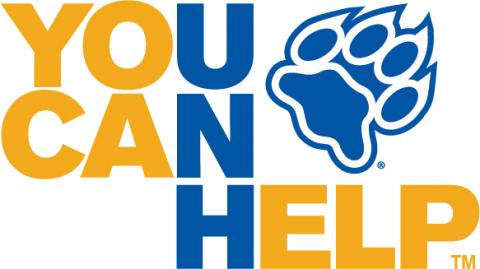The SHARPP Center provides confidential support services, advocacy, and referrals to survivors of interpersonal violence whether here on UNH’s campus or studying abroad. There are some key elements to be aware of surrounding how violence may differ when it comes to studying abroad, as well as how support services might vary depending on your location.
How is interpersonal violence different in a study abroad environment?
While you may be studying at a college campus similar to UNH, interpersonal violence can look different abroad when compared to a home campus. Perpetrators are commonly other foreigners who recognize the vulnerabilities of living in another country. Some interactions may be interpreted in different ways due to cultural differences. You may also have easier access to alcohol and other substances, as the legal age in most other countries is 18.
- More than 1 in 10 students report unwanted sexual contact while at UNH[4]
- A majority of survivors know their perpetrators:
- Approximately 2 out of 3 assaults are committed by someone the survivor knows[1]
- A majority of sexual assaults involve alcohol or drugs[3]
- A majority of assaults happen on campus[3]
- Higher rates of violence are reported during the first 6-8 weeks of the semester, known as the “red zone.”[5]
- Risk of an unwanted sexual experience is an estimated 3-5 times greater in study abroad environments[2]
- Most survivors do not know their perpetrators:
- 73% of perpetrators are either strangers (59%) or someone met the same day (14%)[3]
- Alcohol and other substances are rarely a factor: only 17% of reports involved alcohol.[3]
- More sexual assaults are reported during the 6-8th week of the semester.[3]
How YOU CAN HELP a friend while abroad

If a friend or roommate reaches out to you about an experience of interpersonal violence, the most important thing you can do is believe them and listen to them. You may be the first person they’re telling. Help them locate the available services in their area (see our interactive map below) and/or refer them to The SHARPP Center, which still has services available for students studying abroad.
Be an active bystander
While studying abroad, you will have the freedom to explore a new place that you are unfamiliar with. Be sure to look out for your fellow Wildcats, even while you’re away from UNH. If you plan on going out, go in groups, have a plan (and a backup plan), watch out for others, and trust your instincts.
If you identify a potentially unsafe situation, there are safe ways to intervene. See being an active bystander for more information.
TSA Screenings for Survivors
Survivors of sexual assault can be more sensitive to routine TSA screenings. TSA can accommodate you to ensure you have a comfortable trip. Go to https://www.rainn.org/articles/airport-security-survivors for more information.
SHARPP Center resources while studying abroad
The SHARPP Center is still available to you as a resource through our confidential 24/7 helpline: 1-603-862-7233. However, we do understand that making calls from a different country has complications, like high costs for international calls and time differences. Here are a few other ways you can get in touch with us outside of the helpline:
Webchat
If you'd like to connect virtually with an advocate, we offer encrypted texting & webchat services. Advocates can provide information, support, and referrals through chat. We can also initiate a video or voice call from this platform as well.
Zoom Meeting
If you would like to speak with an advocate but cannot make a long-distance phone call from your country of study, we can work with you to arrange a zoom meeting, after reviewing security limitations. If interested in setting up a Zoom meeting, please contact us.
International Rape Crisis Centers
The SHARPP Center has created an interactive map of UNH-managed and some popular UNH-approved study abroad programs' universities and their closest rape/sexual assault crisis centers. Please keep in mind that foreign countries have laws different from those in the United States: for example, in France, if a violent crime is reported to a crisis center the survivor must undergo a psychological and health check. Not all countries or cities you study abroad in may have a crisis center, and some may only have telephone services.
Additional Resources:
International SOS is a platform provided through UNH Global Studies that provides students access to local resources & confidential support while studying abroad.
Pathways to Safety International is an organization that supports Americans experiencing IPV abroad.
[1] U.S. Department of Justice. (2005). National Crime Victimization Study.
[2] Kimble, M., Flack, W. F., Jr., & Burbridge, E. (2013). Study abroad increases risk for sexual assault in female undergraduates: A preliminary report. Psychological Trauma: Theory, Research, Practice, and Policy, 5(5), 426–430.
[3] Bull, B. (2019). Risk factors for sexual assault while studying abroad.
[4] UNH Campus Climate Survey. (2019)
[5] Kimble, M., Neacsiu, A.D., Flack, W.F., & Horner, J. (2008). Risk of unwanted sex for college women: Evidence for a red zone. Journal of American College Health, 57 (3).
